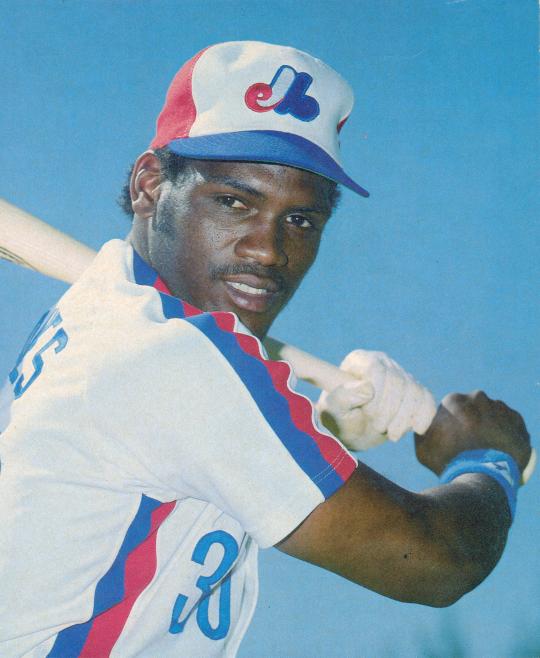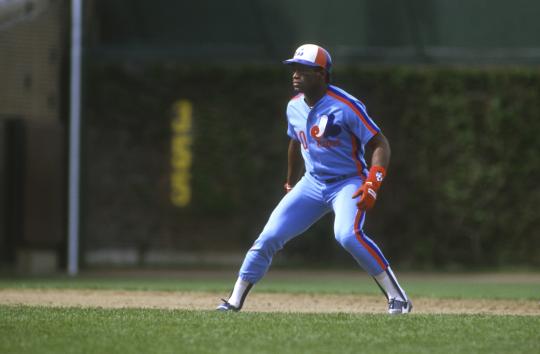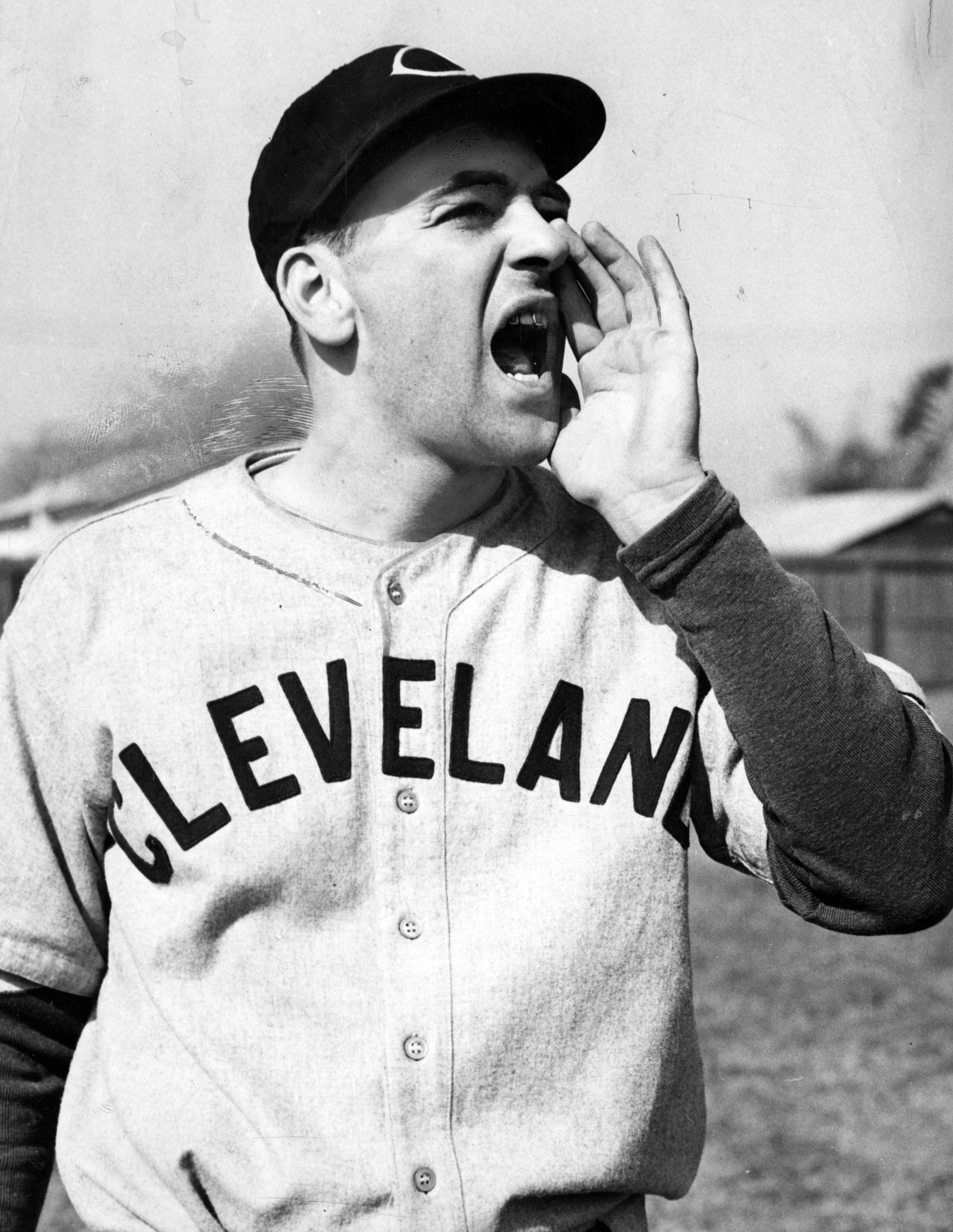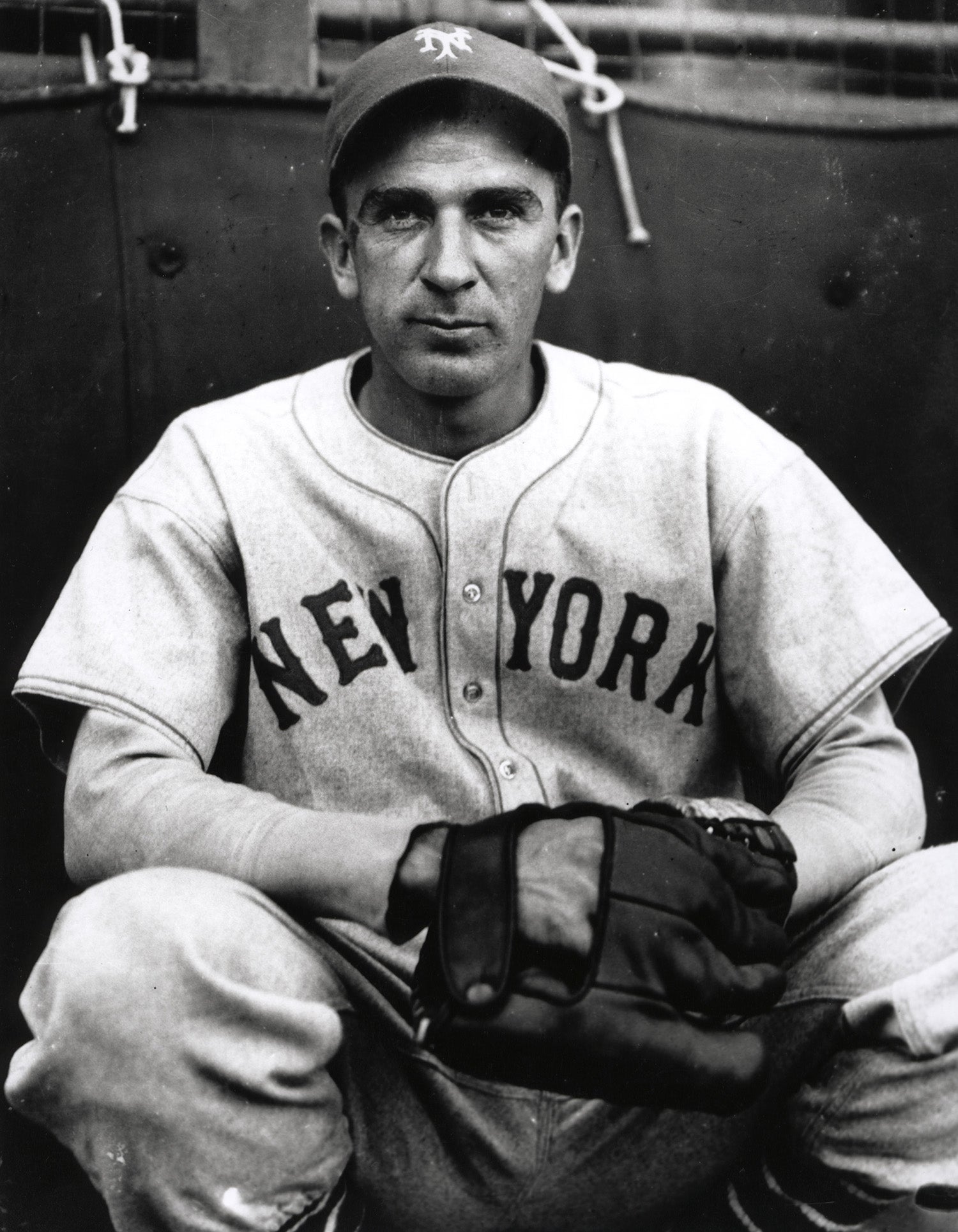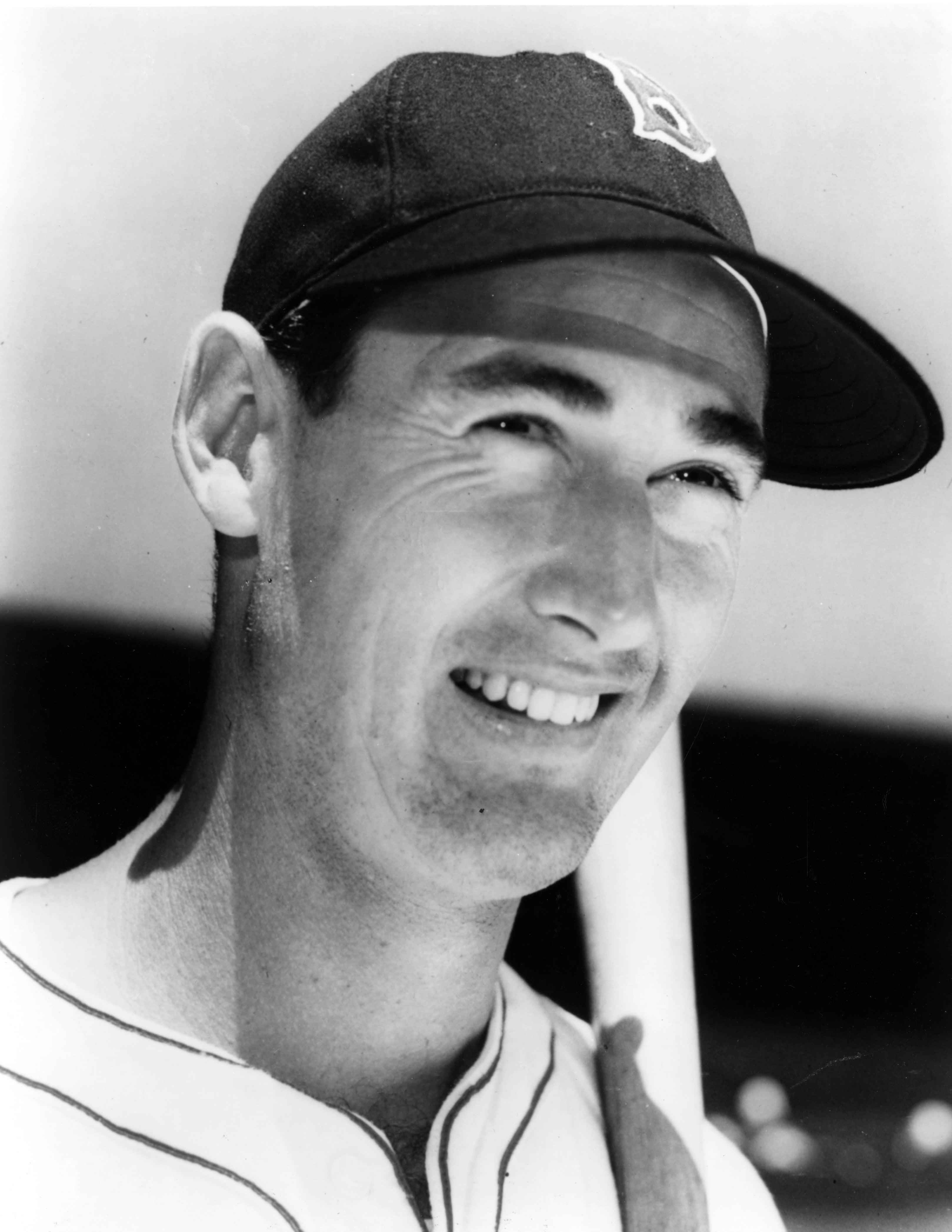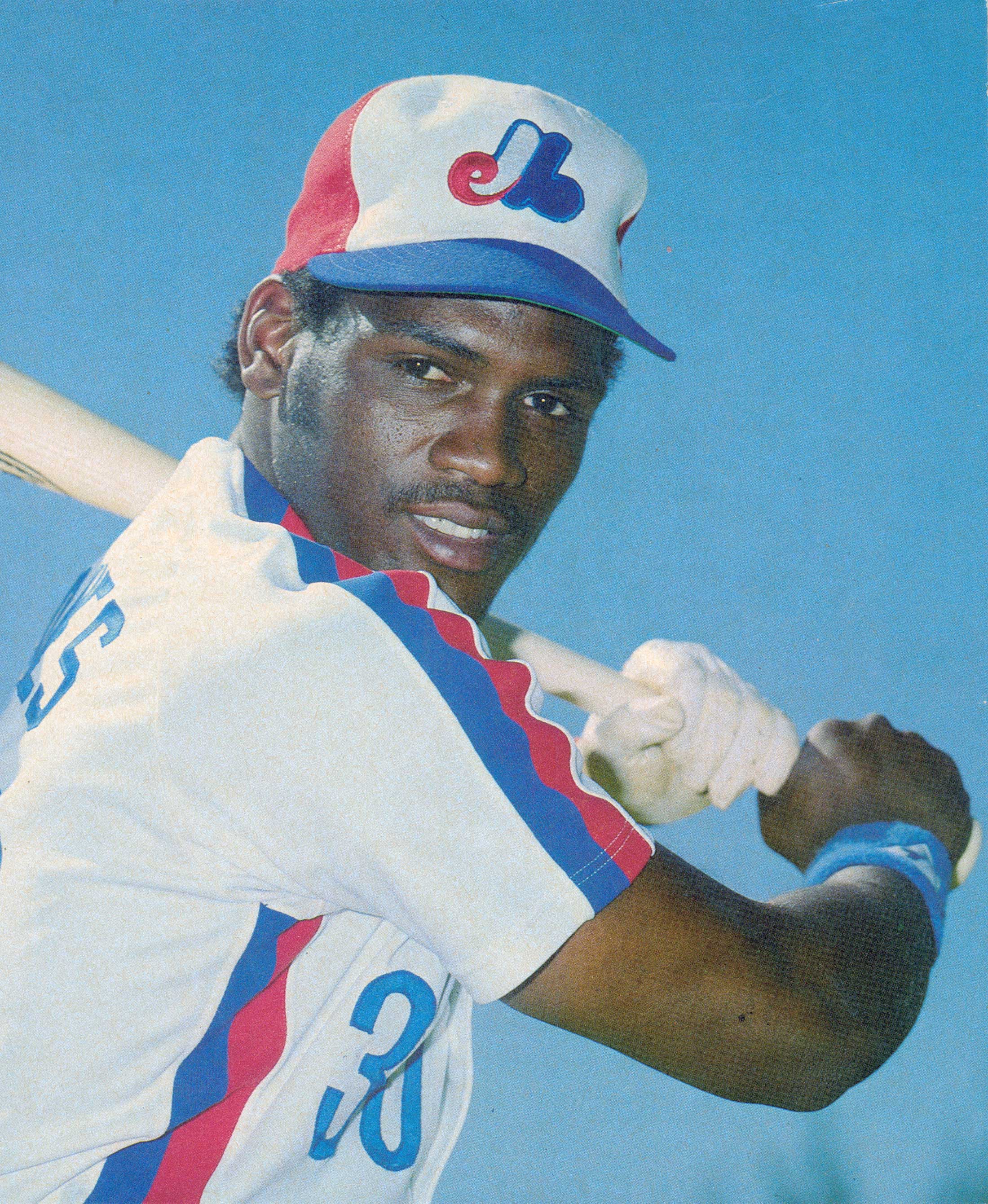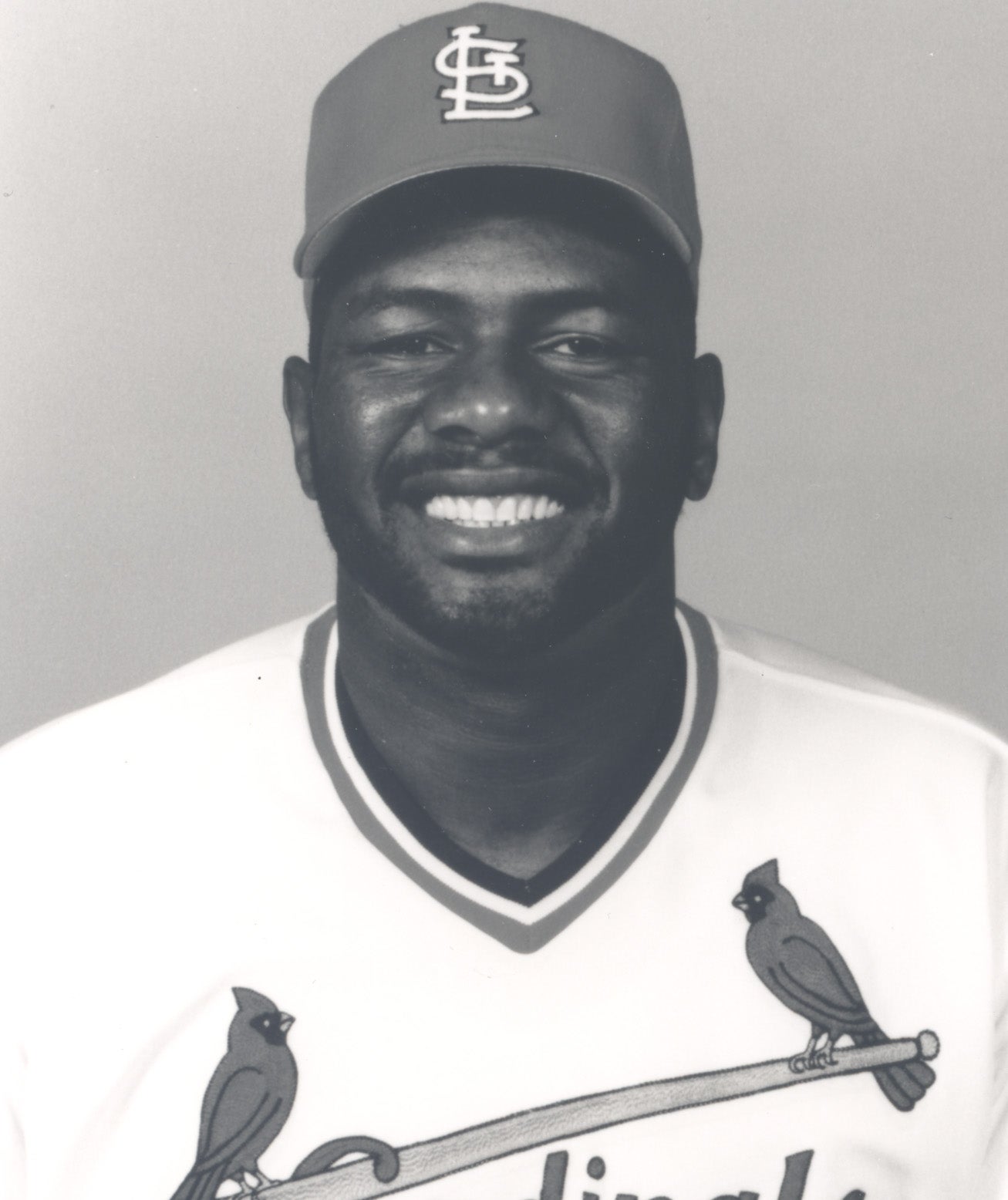- Home
- Our Stories
- #Shortstops: Raines breaks scoreless tie with 13th-inning triple in 1987 All-Star Game
#Shortstops: Raines breaks scoreless tie with 13th-inning triple in 1987 All-Star Game
After 12 innings played, 14 pitchers used and 16 combined strikeouts in the 1987 All-Star Game, Tim Raines finally drove in a run.
On July 14, the National and American Leagues battled through a scoreless pitcher’s duel at Oakland-Alameda County Coliseum until the Montreal Expos left fielder drove a triple into left-center field in the top of the 13th, scoring Ozzie Virgil and Hubie Brooks to give the National League a 2-0 lead.
Hall of Fame Membership
There is no simpler, and more essential, way to demonstrate your support than to sign on as a Museum Member.
Official Hall of Fame Apparel
Proceeds from online store purchases help support our mission to preserve baseball history. Thank you!
“I just wanted to hit it hard and hoped it would find a hole,” Raines told the Associated Press. “When I got to third, I was jumping up and down.” Virgil and Brooks both reached base via single. Willie McGee lined out for the second out, and then Raines came through, delivering his first career All-Star hit off Oakland reliever Jay Howell. “I’ve had worse days,” Howell told the Times-Post News Service after the game. “Only none come to mind right now.” Mets left-hander Sid Fernandez closed out the National League win with a scoreless bottom of the 13th. As the only player with an RBI, Raines was named the game’s Most Valuable Player. “I was just looking for a fastball and that’s what I got,” Raines told the Palm Beach Post. “I promised my wife I’d get a hit because I’ve never had one in an All-Star Game before. Fortunately, I got good wood on the ball.”
Setting the stage for Raines’ heroics was a fellow future Hall of Famer in Lee Smith. The Cubs’ right-hander labored through three scoreless innings of work, allowing just two hits and striking out four to earn the win. He was even forced to bat once in the top of the 13th – something he had done just twice before that season.
“I’m probably going to get a telegram from (Cubs’ manager) Gene Michael and (general manager) Dallas Green,” National League manager Davey Johnson said. “I know they don’t use him that long. But it was Catch-22. I had to hold one starting pitcher back in case the game went forever. And Lee said he felt all right.”
The 13-inning affair wasn’t the longest All-Star Game ever – two have lasted 15 innings.
But the 1987 game marked the first time an All-Star Game had gone beyond five innings without a run being scored.
A ticket from that game is part of the collection at the National Baseball Hall of Fame and Museum.
Both All-Star rosters featured 17 future Hall of Famers total, including Raines, Smith, Ryne Sandberg, Andre Dawson, Mike Schmidt, Gary Carter, Ozzie Smith, Tony Gwynn, Rickey Henderson, Wade Boggs, Cal Ripken, George Brett, Dave Winfield, Kirby Puckett, Harold Baines, Alan Trammell and Jack Morris.
This ticket is from the 1987 All-Star Game, which was played at Oakland-Alameda County Coliseum on July 14. Spectators were treated to extra innings but very little offense, as neither team scored a run until the 13th inning, when Tim Raines hit a two-run triple that gave the National League the 2-0 victory. (Milo Stewart Jr./National Baseball Hall of Fame and Museum)
Share this image:
In a season that saw a large increase in home runs throughout the major leagues, the game was somewhat out of character for the year. But it was the pitchers who put on a show in the Midsummer Classic, as all but one of the 15 hurlers to appear in the game turned in scoreless outings. “I’ve always been an advocate that good pitching can beat good hitting,” Boggs said.
Janey Murray was the 2019 public relations intern in the Hall of Fame’s Frank and Peggy Steele Internship Program for Youth Leadership Development

